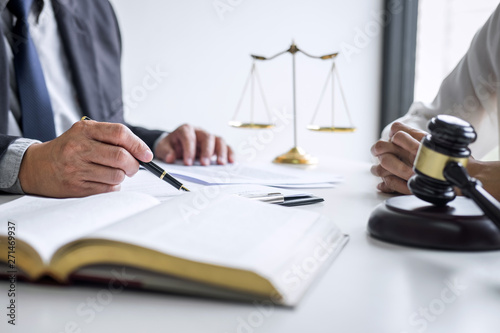Another important legal remedy is through administrative enforcement by government agencies responsible for environmental protection. These agencies have the power to investigate violations of environmental laws and regulations and impose penalties on offenders. They may also require remediation efforts such as cleanup operations or restoration projects to restore damaged ecosystems. In some cases, criminal prosecution may be pursued when intentional or reckless acts lead to significant ecological damage. Criminal charges can be brought against individuals or companies that knowingly violate environmental laws with severe penalties including fines and imprisonment. International law also provides legal remedies in cases where ecological damage crosses national borders or affects shared resources like oceans or rivers. Treaties such as the United Nations Convention on Biological Diversity (CBD) establish frameworks for cooperation among countries in protecting biodiversity and providing compensation mechanisms when transboundary harm occurs.
Alternative dispute resolution methods like mediation or arbitration can offer quicker resolutions compared to traditional court proceedings while still ensuring fair outcomes for victims of ecological damage. These processes allow parties involved in disputes over environmental issues to negotiate settlements outside formal courtrooms under neutral facilitators’ guidance. Public interest litigation is another legal remedy that empowers individuals or organizations to bring lawsuits on behalf of the environment and affected communities. This approach allows citizens to challenge government actions or policies that contribute to ecological damage, seeking motor vehicle accident law firm court orders for corrective measures or policy changes. To ensure effective legal remedies for victims of ecological damage, it is crucial to have robust environmental laws and regulations in place. Governments must enforce these laws effectively, provide adequate resources for monitoring and enforcement agencies, and promote public awareness about environmental rights and responsibilities. In conclusion, legal remedies play a vital role in addressing ecological damage by holding responsible parties accountable and providing compensation or restoration measures.
Marine protection is a crucial aspect of preserving our oceans and the diverse ecosystems they support. However, accidents can still occur at sea, resulting in personal injuries to individuals involved. In such cases, personal injury claims play a vital role in ensuring that victims receive compensation for their losses and holding responsible parties accountable. One common cause of personal injuries in marine environments is boating accidents. These accidents can result from various factors such as operator negligence, equipment failure, or hazardous weather conditions. When someone sustains an injury due to a boating accident caused by another party’s negligence or recklessness, they have the right to file a personal injury claim. In addition to boating accidents, maritime workers are also susceptible to injuries while performing their duties on ships or offshore platforms. The nature of these jobs exposes workers to numerous hazards like heavy machinery, slippery surfaces, and unpredictable weather conditions.



